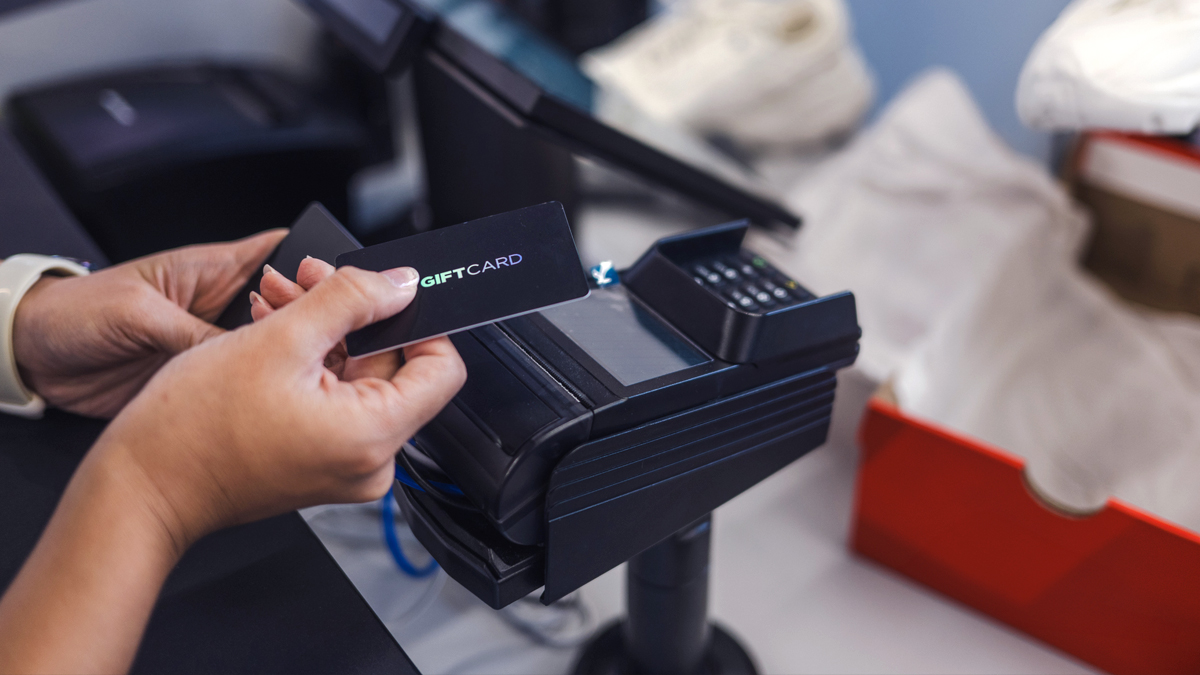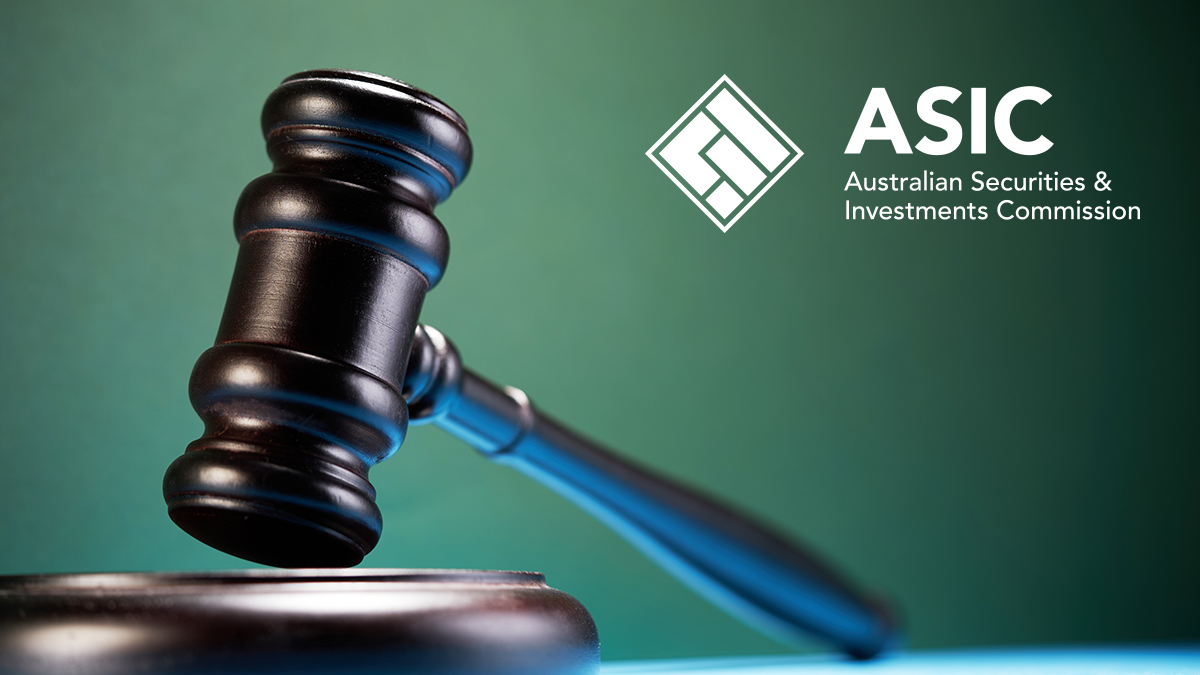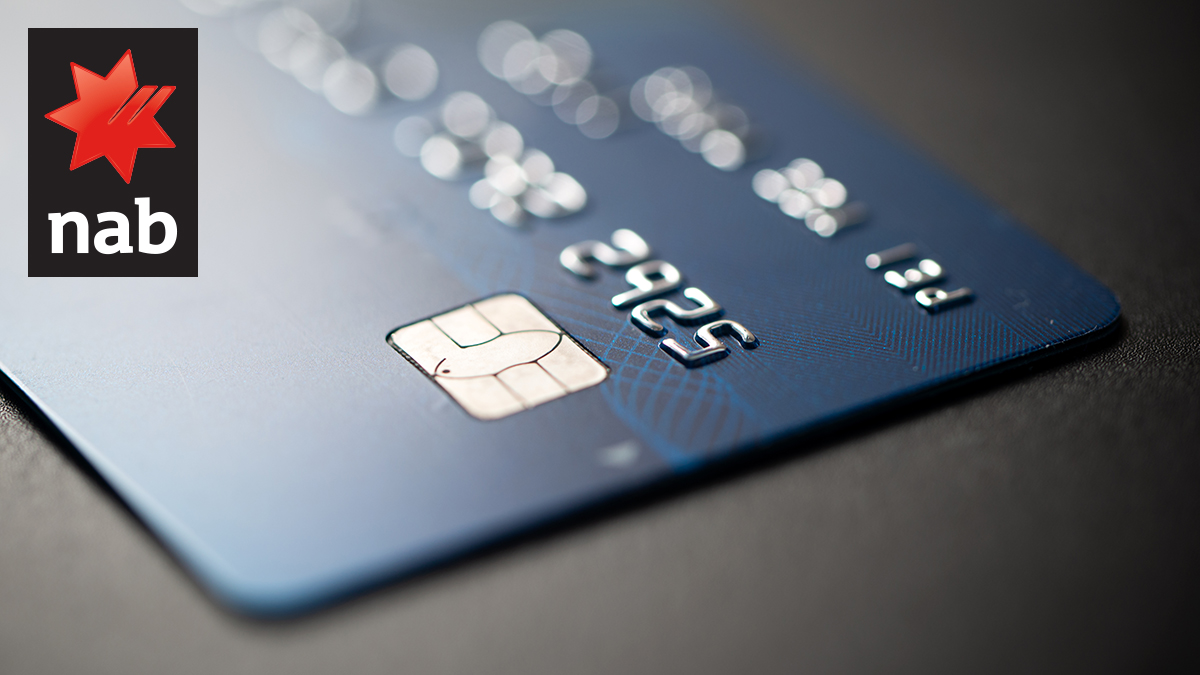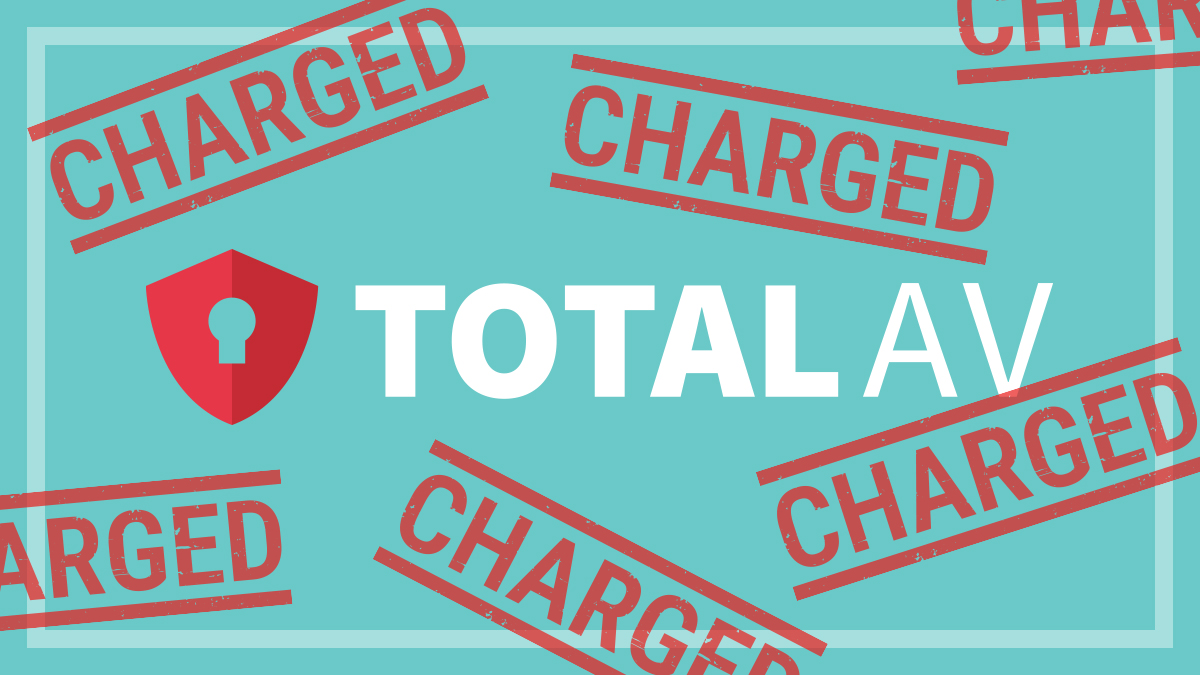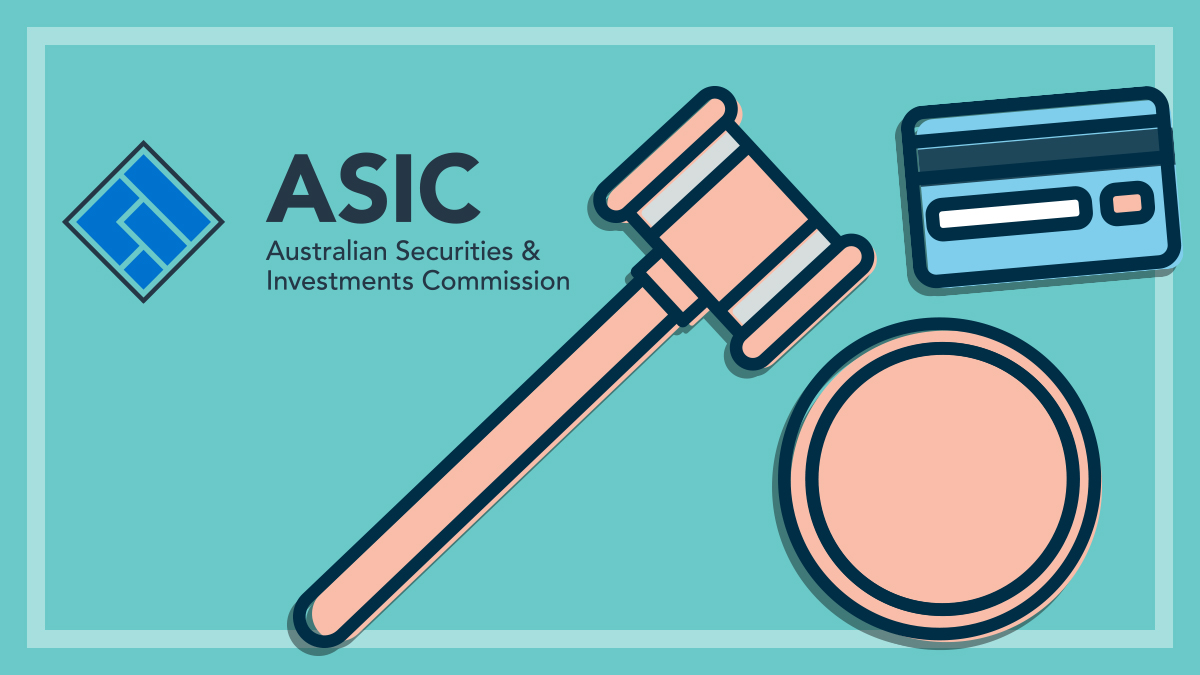Get our independent lab tests, expert reviews and honest advice.
No interest, no late fees, no worries? NAB and CBA launch interest-free credit cards

Need to know
- The new CBA 'Neo MasterCard' and NAB 'StraightUp' card charge monthly fees instead of late fees
- Paying late or defaulting will be reflected on your credit report
- Despite the responsible lending checks, consumer rights advocates say the new $1000, $2000 or $3000 credit cards could still get borrowers into financial trouble
With all the “no-interest” loan options on offer these days from the fintech (”financial technology”) startups out to upend the traditional banking sector, it’s no surprise that the big banks are getting in on the action.
Commonwealth Bank’s ‘Neo MasterCard’ and NAB’s ‘StraightUp’ card look like two of the big fours’ latest countermove to the fintech sector’s growing market share. (The CBA card is due to officially launch “later this year” according to the bank, but you can register your interest now.)
Exhibit A for the upstarts would be the fabulously successful buy now, pay later (BNPL) platform Afterpay, whose founder, Nick Molnar, reportedly became Australia’s youngest billionaire in July (he’s 30).
But Afterpay is hardly the only lending app out there, and lately retailers have been launching their own BNPL platforms. (EB Games recently partnered with the white label BNPL provider Limepay.)
Instead of late fees, the new no-interest big bank cards charge monthly user fees
According to the 2020 Global Payments Reports by the financial services giant FIS, about two million Australians used a BNPL platform such as Afterpay, ZipPay, PayRight and Klarna (which has funding from CBA), in 2019.
But Afterpay and other lending platforms charge late fees if you don’t pay on time, and plenty of customers have paid them. And it looks like the banks are going straight after this weak spot.
No interest, no late fees
The new CBA and NAB cards don’t charge interest, but they also don’t charge late fees. Afterpay, on the other hand, made 24.4% of its income in late fees in financial year 2018, or $28.4 million. In 2019, the proportion fell to 18.7%, but the dollar amount climbed to $46.1 million.
And Afterpay and its competitors are exempt from responsible lending laws, which require a creditor to assess a customer’s ability to take on and pay back debt.
It’s an issue that’s put Afterpay and its kind on the watchlist for consumer rights organisations including CHOICE, though the company says it’s taking steps to reduce the number of customers that end up paying late.
Instead of late fees, the new no-interest big bank cards charge monthly user fees, which Afterpay does not.

No more that $3000 on offer
Both cards have a maximum limit of $3000, which, as with BNPL, would seem to be a direct appeal to younger borrowers who might not qualify for a standard credit card.
(Roy Morgan released a report in September 2019 saying people aged 25–34 “are nearly twice as likely to be using a buy-now-pay-later system as the average across the whole population”.)
In that sense, both cards can be seen as an effort to open the gateway into the world of borrowing for up-and-coming customers, an invitation to start spending money you may not actually have.
Both cards can be seen as… an invitation to start spending money you may not actually have
For the spendthrifts of the world, interest-free products like these can be powerful enablers, an invitation to spend first and think about paying later.
CBA in particular has a long history of trying to lock customers in early, most notably through its Dollarmites program, which aims to turn primary school children into long-term customers.
Here’s a breakdown of the card details along with some pros and cons:
NAB ‘StraightUp’ card
Credit limits, monthly fees, minimum repayments
$1000 credit limit, $10 monthly fee, $35 minimum monthly repayment
$2000 – $15 – $75
$3000 – $20 – $110
PROS
Bank will conduct responsible lending check
No interest or late fees
No fees charged if you don’t use the card over the statement period and have no outstanding balance
Monthly fees stop once a cardholder is 180 days overdue on a payment
CONS
Missing the minimum payment by the due date could lead to your card being suspended.*
Late or missed payments will likely show up on your credit report
Fees can go up or new fees can be added with 30 days’ notice
CBA ‘Neo MasterCard’
Credit limits, monthly fees, minimum repayments
$1000 credit limit, $12 monthly fee, $25 or 2% of your closing balance minimum monthly repayment (whichever is greater)
$2000 – $18 – as above
$3000 – $22 – as above
PROS
Bank will conduct responsible lending check
No interest or late fees
No fees charged if you don’t use the card over the statement period and have no outstanding balance
CONS
Card will be suspended if you miss a minimum repayment*
Late or missed payments will likely show up on your credit report (unless you can demonstrate financial hardship)
* This could also be seen as a plus, since it protects cardholders from continuing to spend
Credit products not the answer
Katherine Temple, director of policy and campaigns for Consumer Action Law Centre, says the new bank cards are clearly not aimed at helping the many consumers who are already in over their heads.
“People who are having problems with debt will never solve those problems by taking out more loans,” Temple told CHOICE. “People should approach these products with caution. We need to remember that bankers work for banks, not for consumers.
And while the requirement that banks have to conduct responsible lending checks – unlike Afterpay and the like – is a good thing, Temple has a high degree of skepticism about the banks motives for entering the no-interest payment card space.

“We strongly support responsible lending checks for all forms of consumer credit, whether it be credit cards or buy now pay later,” Temple says.
But at the end of the day, a loan is a loan despite the nifty marketing and varying terms and conditions.
“Using slippery legal language to try to distinguish between different products to avoid complying with the law and doing the right thing was what ruined people’s trust in financial institutions and led to the banking royal commission,” Temple says, adding “I have no doubt this is a ploy from the banks to lure younger people to their products, and to normalise the use of credit for everyday expenses.”
‘All credit comes with risk’
Fiona Guthrie, chief executive of Financial Counselling Australia, agrees the requirement to make sure the borrower can afford the product puts the new banks cards in a different league than the lending platforms that are exempt from these rules.
But the Neo MasterCard and StraightUp card are still enticements to borrow money rather than limit your spending to what you already have in the bank.
People think that their future self will have no problem in finding the money to make the repayments and cover the account fee, but… that isn’t always the case
Fiona Guthrie, Financial Counselling Australia
“All credit comes with risk, particularly credit card debt,” Guthrie says. “But at least these new products are being provided within a responsible lending framework and that means it is a safer product.”
“But these new forms of credit still have traps,” Guthrie says. “People think that their future self will have no problem in finding the money to make the repayments and cover the account fee, but life happens and that isn’t always the case.
“Young people have seen the problems that credit cards have caused for their parents, and they are rightly turning away from them in droves.”

